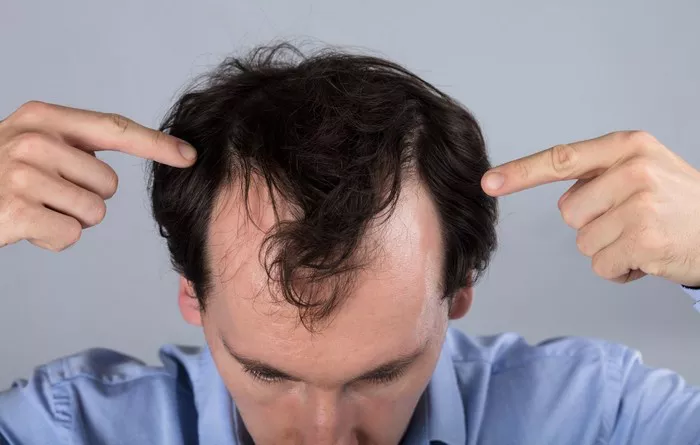The quest for luscious, voluminous hair has led many to explore various hair care products, including volumizing shampoos. However, a persistent myth suggests that these shampoos might be a hidden culprit behind hair loss. In this comprehensive guide, we will examine the relationship between volumizing shampoos and hair loss, separating fact from fiction and offering you a well-informed perspective on this topic.
Understanding the Function of Volumizing Shampoos
Volumizing shampoos are specially formulated hair care products designed to provide an appearance of increased hair volume and body. They typically contain lightweight ingredients, such as polymers, proteins, and other compounds, which work to coat the hair shaft and create a thicker, fuller look. These shampoos aim to enhance the structural integrity of the hair strands, resulting in an illusion of added volume, especially for those with fine or thin hair. It’s important to note that the primary objective of volumizing shampoos is to enhance the visual appearance of hair thickness, rather than directly contributing to hair growth or causing hair loss.
Addressing the Ingredients in Volumizing Shampoos
1. Key Ingredients in Volumizing Shampoos
Understanding the ingredients in volumizing shampoos is essential. Many of these shampoos feature components such as biotin, panthenol, and amino acids, which contribute to hair strength and thickness.
2. The Myth of Harmful Chemicals
Contrary to the myth, volumizing shampoos typically do not contain harsh chemicals linked to hair loss. Instead, they are focused on enhancing the appearance of hair, not causing damage.
Potential Factors Contributing to Hair Loss
The following are potential factors that cause hair loss:
1. Common Causes of Hair Loss
To explore the association between volumizing shampoos and hair loss, we need to recognize the primary causes of hair loss, which include genetics, hormonal imbalances, medical conditions, and stress.
2. The Role of Genetics
Genetics plays a significant role in determining hair loss patterns. Volumizing shampoos do not affect the genetic factors that contribute to hair loss.
3. Hormonal Changes
Hormonal imbalances, particularly in conditions like androgenetic alopecia, can lead to hair loss. Volumizing shampoos are not linked to hormonal changes or imbalances.
4. Medical Conditions
Certain medical conditions and medications can result in hair loss. However, these are unrelated to the use of volumizing shampoos.
The Right Approach to Hair Care
Here are the correct ways to care for your hair:
1. A Holistic Approach
Maintaining healthy hair involves a holistic approach that encompasses a balanced diet, stress management, and the right hair care products.
2. Proper Shampoo Selection
When choosing a shampoo, consider your hair type and specific needs. Volumizing shampoos are suitable for those looking to add volume and body to their hair.
3. Professional Guidance
If you’re concerned about hair loss, it’s advisable to consult a healthcare professional or a dermatologist who can help identify the underlying causes and recommend suitable treatments.
Debunking Myths Surrounding Hair Loss
Hair loss is a subject surrounded by various myths and misconceptions. It’s important to dispel these myths to make informed decisions about your hair care routine.
Hair loss is often linked to genetics, hormones, medical conditions, and other factors that go beyond the use of hair care products. Volumizing shampoos are generally safe when used as directed.
See Also: 6 Chemicals Cause Hair Loss: A Comprehensive Guide
Conclusion: Volumizing Shampoos and Hair Loss
In conclusion, the notion that volumizing shampoos cause hair loss is a myth that lacks scientific substantiation. While these shampoos are formulated to enhance hair volume and thickness, they do not contribute to hair loss. When used appropriately and in conjunction with a well-rounded hair care routine, volumizing shampoos can help you achieve the desired look without compromising the health of your hair. If you experience excessive hair loss, it is always advisable to seek professional guidance to determine the root causes and explore appropriate treatment options tailored to your specific needs.


